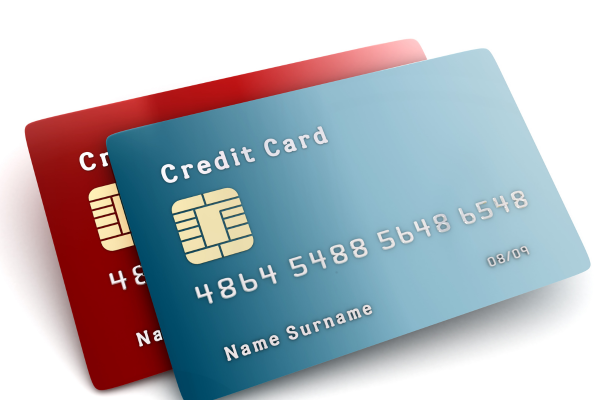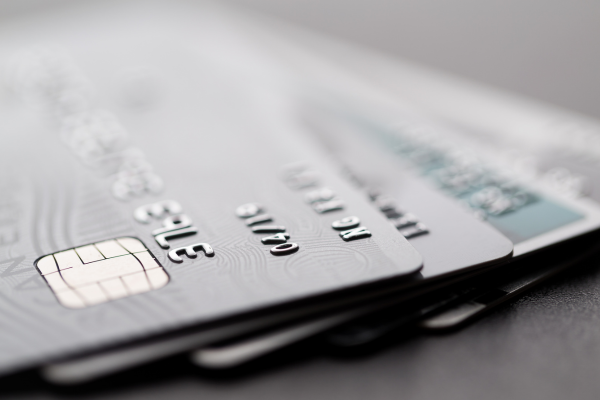Getting Approved for a Credit Card Without a Job: A Comprehensive Guide
Obtaining a credit card is often seen as a challenge, especially for those without traditional employment. However, getting approved for a credit card without a job is not impossible. With the right approach and understanding of credit card requirements, you can navigate this process successfully. In this article, we’ll explore strategies, alternative income sources, and the steps needed to increase your chances of approval.
Understanding Credit Card Requirements
Credit card issuers assess applications based on several factors, including income, credit score, and financial stability. While a job provides proof of income, it’s not the only form of acceptable income. Many issuers accept alternative income sources, such as investments, pensions, or freelance earnings. The key is demonstrating your ability to repay the credit card balance.
Key Factors Credit Card Issuers Consider
- Income: This doesn’t necessarily have to be from a job. Rental income, alimony, or financial support from family can also be considered.
- Credit Score: A higher credit score increases your chances of approval. Focus on building or maintaining a good credit history.
- Debt-to-Income Ratio (DTI): This measures how much of your income is used to pay existing debts. A lower DTI is favorable.
- Co-signers: Having someone with a steady income and good credit co-sign your application can boost your approval odds.
Alternative Sources of Income to Prove Eligibility
Even without traditional employment, many sources of income can qualify for credit card approval. Be prepared to provide documentation for any income source you include on your application.
1. Freelance or Gig Work
Freelancers and gig workers often operate without a formal employer. If you’re earning consistent income from platforms like Upwork or Uber, you can use this as proof.
2. Rental Income
Do you own property and earn rental income? This is a valid source to list, as it demonstrates financial stability.
3. Investments or Dividends
Income from stocks, bonds, or mutual funds can qualify. Provide statements to validate the amounts.
4. Retirement Funds
For retirees, pensions or distributions from retirement accounts like IRAs are considered legitimate income.
5. Support Payments
Alimony or child support payments count as income in many cases, as long as you can document them.
Steps to Increase Your Chances of Approval
1. Apply for a Secured Credit Card
Secured credit cards require a deposit as collateral, which minimizes risk for issuers. These cards are easier to obtain and help build credit over time.
2. Choose Cards for Limited Income
Some credit cards are designed for students or individuals with low or irregular income. These cards typically have lower income requirements.
3. Demonstrate a Strong Credit History
If you have a good track record of managing credit responsibly, issuers may overlook the lack of a job. Ensure your credit report is free of errors before applying.
4. Use a Co-signer
A co-signer with a steady income can vouch for your creditworthiness, increasing the likelihood of approval.
5. Limit Applications
Applying for too many cards in a short period can negatively impact your credit score. Focus on one or two cards you are most likely to be approved for.
Building Credit Without a Job
If you’re not immediately approved for a credit card, don’t be discouraged. Building your credit profile will improve your chances in the future.
1. Become an Authorized User
Ask a trusted friend or family member to add you as an authorized user on their credit card. This allows you to benefit from their credit history.
2. Use Alternative Credit-Building Tools
Some companies offer programs that report rent or utility payments to credit bureaus, helping you establish credit history.
3. Pay Existing Debts
Reducing outstanding debts improves your debt-to-income ratio and makes you a more attractive candidate for a credit card.
Common Mistakes to Avoid
1. Overstating Income
Lying on a credit card application can lead to rejection or even legal consequences. Be truthful and provide verifiable information.
2. Ignoring Fees and APRs
Focus not only on getting approved but also on selecting a card with favorable terms. High fees or interest rates can outweigh the benefits of approval.
3. Not Reviewing the Fine Print
Always read the terms and conditions carefully to understand the card’s requirements and benefits.
Benefits of Getting a Credit Card Without a Job
Successfully obtaining a credit card can provide significant advantages:
- Credit Building: Regular, responsible use builds your credit history.
- Emergency Funds: A credit card can serve as a safety net for unexpected expenses.
- Convenience: Cards are widely accepted and often offer perks like cashback or rewards.
Final Thoughts: Can You Get Approved?
While getting approved for a credit card without a job may seem challenging, it’s achievable with the right strategy. Focus on presenting a clear picture of your financial stability, using alternative income sources, and building your credit profile. Remember, a credit card is a tool for financial growth when used responsibly. Take the first step toward approval today by identifying the best card for your situation and applying with confidence.
By following the steps and tips outlined in this guide, you’ll be well-prepared to secure a credit card and enjoy the financial freedom it offers.





